Music as a Political Weapon: Kenyan Artists Challenge Power Through Songs
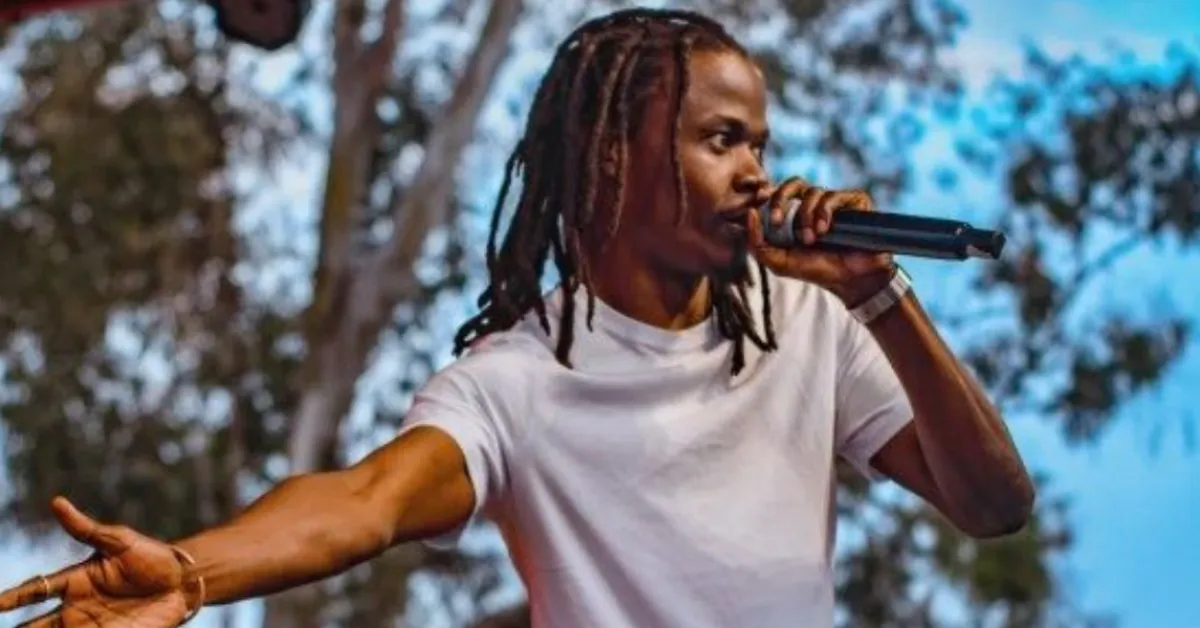
As Kenyans grapple with the contentious Finance Bill and increased police presence, a resurgence of protest music underscores the nation's enduring tradition of using song as a powerful tool for political expression.
Tracks such as the viral "Risasi ya Mguu" and the long-standing anthem "Utawala" by Juliani, exemplify how music functions as both a barometer of public sentiment and a catalyst for demanding governmental accountability. "Risasi ya Mguu," inspired by President William Ruto’s directive that police should target the legs of violent protestors, has rapidly gained traction as a satirical commentary on state violence. Arnold Malcolm, a TikTok creator, transformed the controversial statement into a catchy hook, igniting a wave of dance routines, memes, and online campaigns such as #OneLege and #WheelchairEconomy.
University students, particularly at Zetech University, have adopted the song’s limping choreography as a form of embodied protest, illustrating how humour can galvanise solidarity. The track’s reach has expanded via online platforms, where AI-generated visuals and parody videos depict a dystopian Kenya navigating dissent on crutches and in wheelchairs.
Contrastingly, Juliani’s "Utawala," released in 2013 during a period of political tension leading up to general elections, provides a more solemn critique of corruption, inequality, and governmental failure. The song, a poetic indictment of these issues, has become a rallying cry for a generation disillusioned by governance. The haunting chorus – “Sitasimama maovu yakitawala” ("I will not stand by while evil prevails") – continues to resonate through demonstrations, social media posts, and public discussions, solidifying its status as a cornerstone of Kenyan protest music.
Juliani, born Julius Owino, has consistently intertwined his art with activism. His upbringing in Dandora, a deprived neighbourhood in Nairobi, heavily influences his lyrical content. "Utawala" stands not just as a song but as a reclamation of agency, a declaration against complicity in the face of oppression. Over the years, it has been adopted by protestors, played at demonstrations via Bluetooth speakers, and referenced in political debates. Its continued relevance highlights ongoing concerns over police brutality and economic disenfranchisement.
The juxtaposition of "Utawala" and "Risasi ya Mguu" reflects a generational shift in how Kenyans engage with political discourse. While Juliani’s work is deeply rooted in introspection and historical context, the newer anthem capitalises on the immediacy of digital culture and the irreverence of Gen Z. Both songs, however, serve the same fundamental purpose: to challenge power structures, articulate dissent, and ensure leaders are held accountable by a vocal public.
Kenya's history is replete with examples of music shaping political narratives. Eric Wainaina’s “Nchi ya Kitu Kidogo” highlighted the prevalence of bribery in public service. Gidi Gidi Maji Maji’s “Unbwogable” served as an unofficial anthem during the 2002 elections, contributing to Mwai Kibaki’s National Rainbow Coalition victory. More recently, Exray Taniua’s “Sipangwingwi” was co-opted by Ruto’s 2022 presidential campaign, embodying the “hustler” movement’s ethos of self-determination.
These musical interventions play an active role in Kenya’s democratic journey. They offer historical context, mobilise voters, and amplify marginalised voices. In a country where traditional forms of protest often face repression, music remains a resilient form of resistance. It bypasses censorship, evokes strong emotions, and galvanises action. The resurgence of protest music in 2025, particularly in response to the controversial Finance Bill and subsequent police crackdowns, points to a broader cultural awakening.
Contemporary artists such as King Kaka, Bien, and Sabi Wu have released tracks that critique governance, demand transparency, and celebrate youth-led activism. Often accompanied by viral dance challenges and lyric visualisers, these songs represent a uniquely Kenyan fusion of artistry and advocacy.



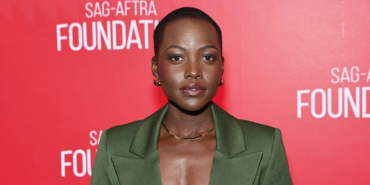
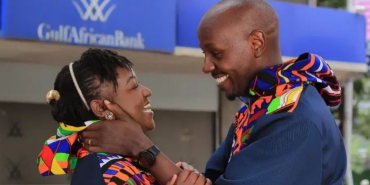
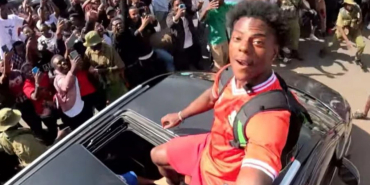



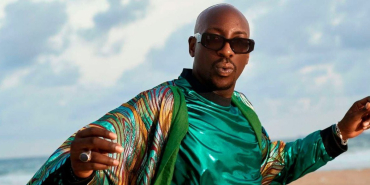




Add new comment